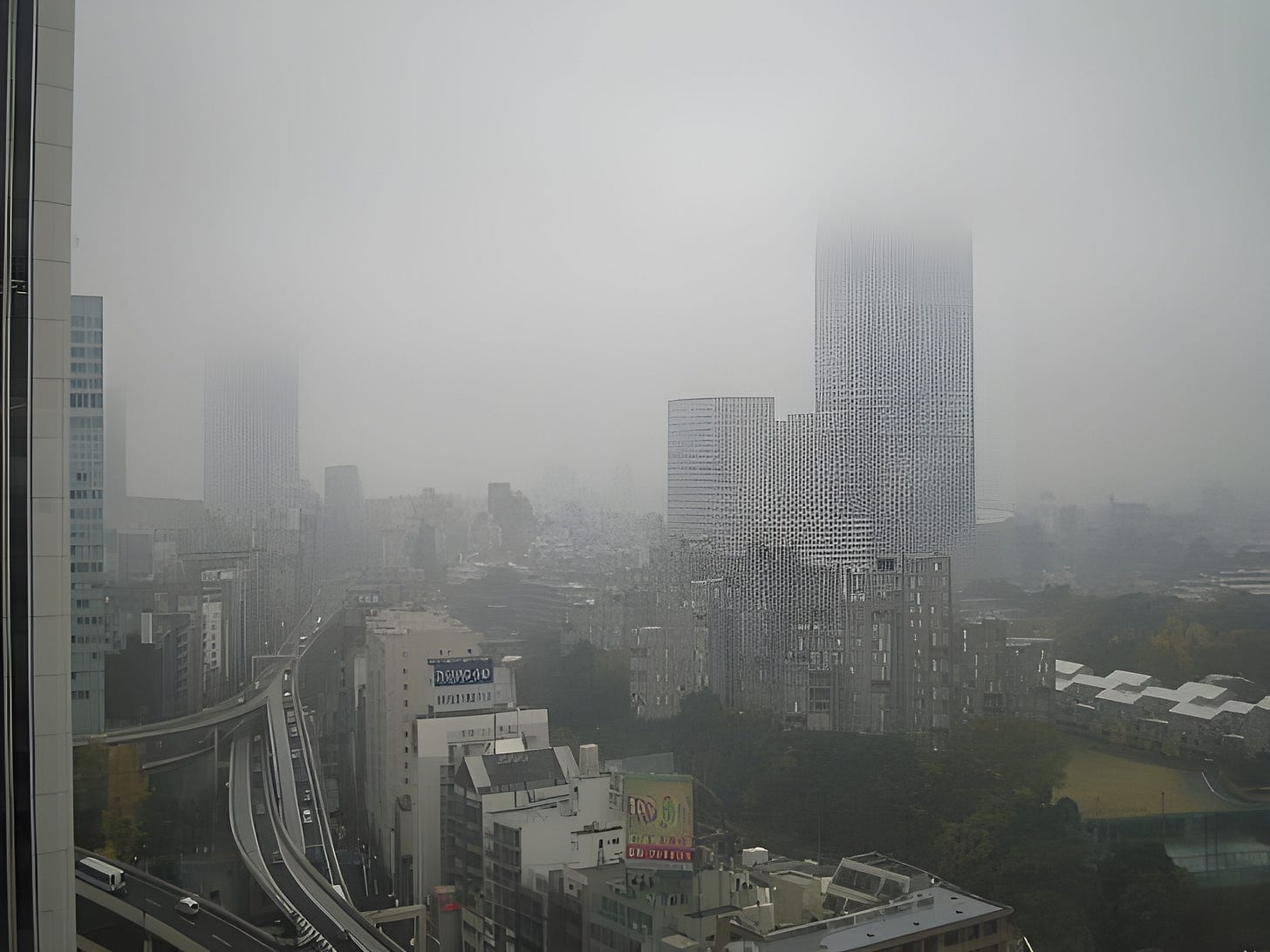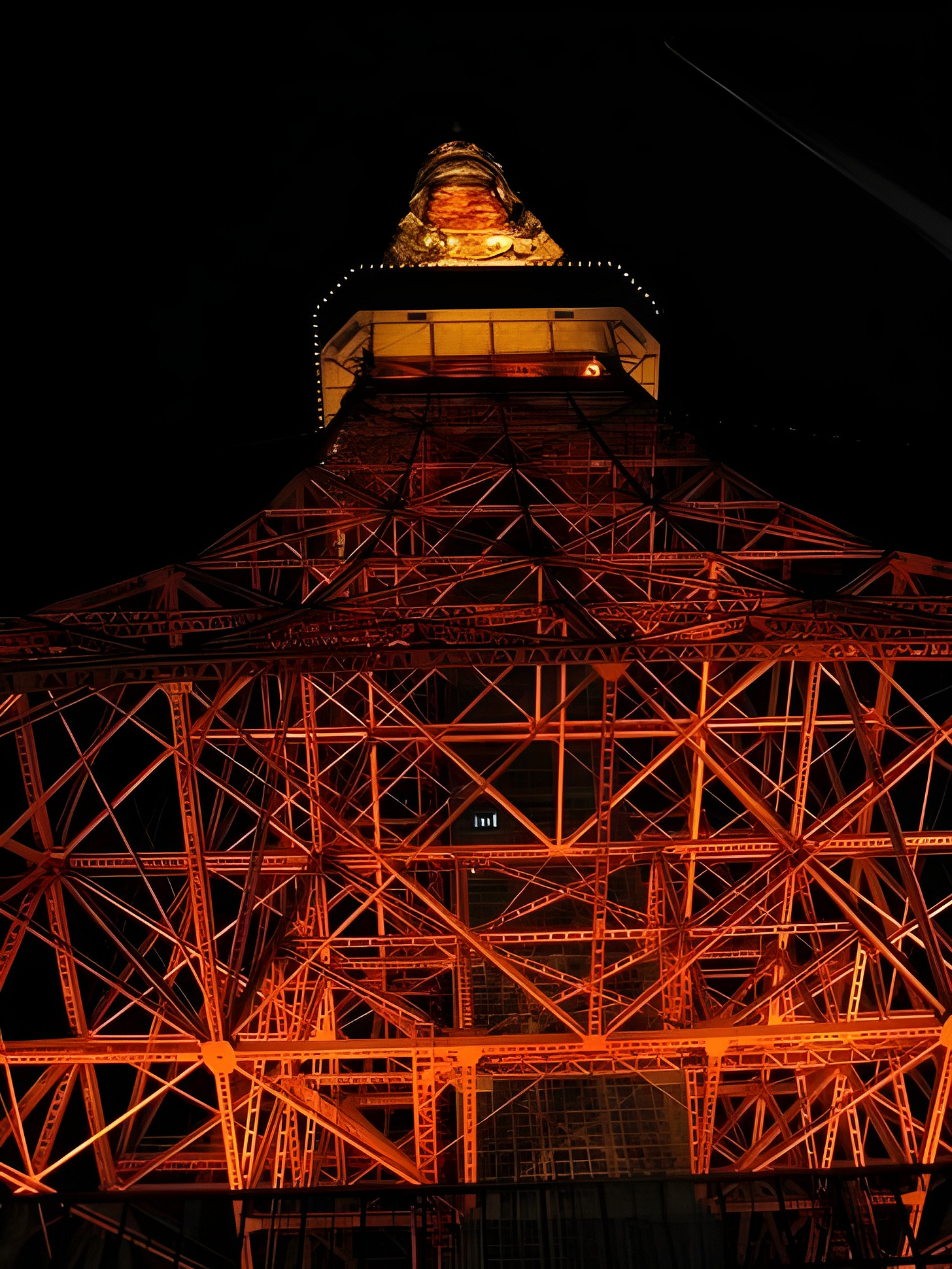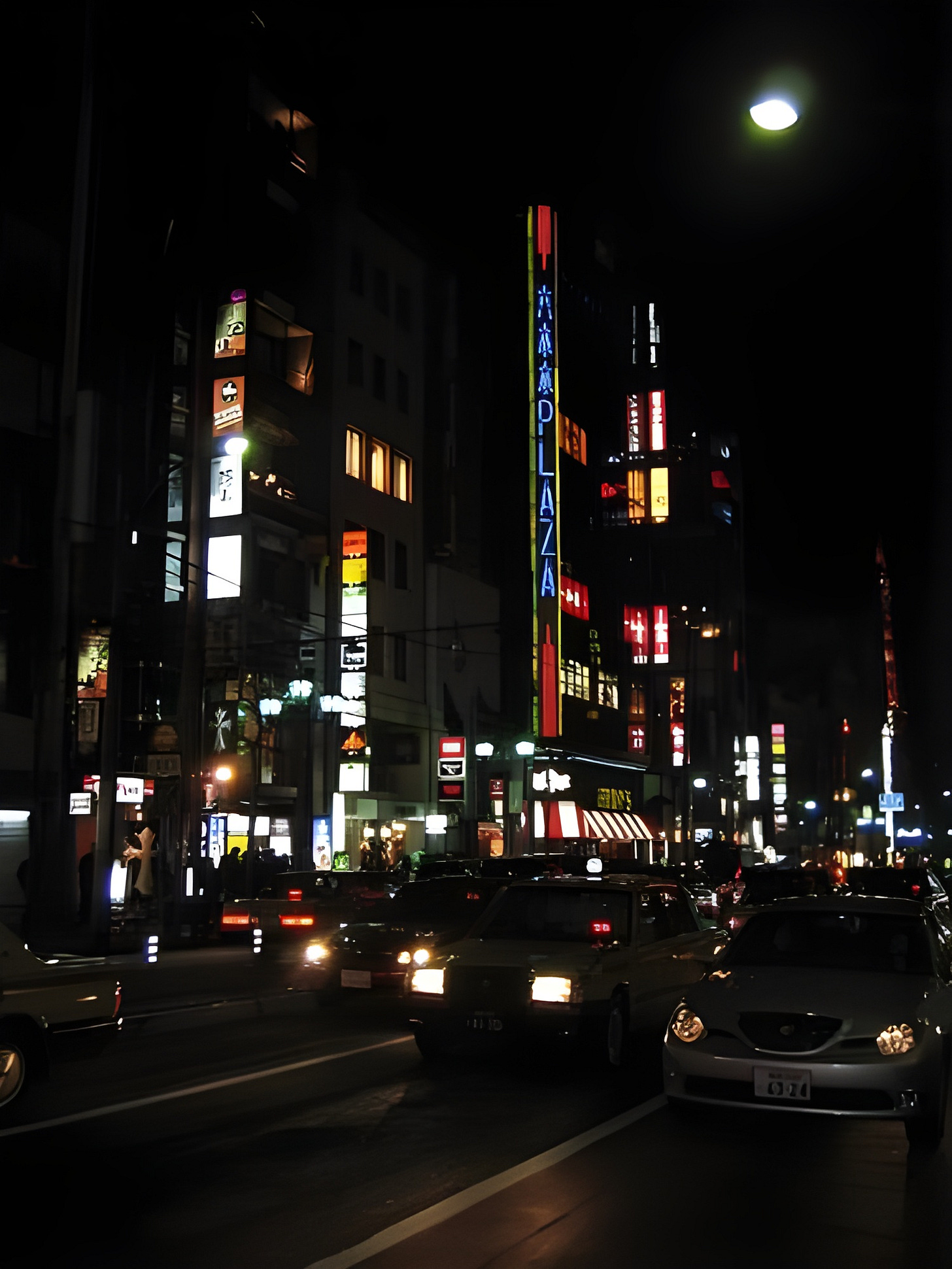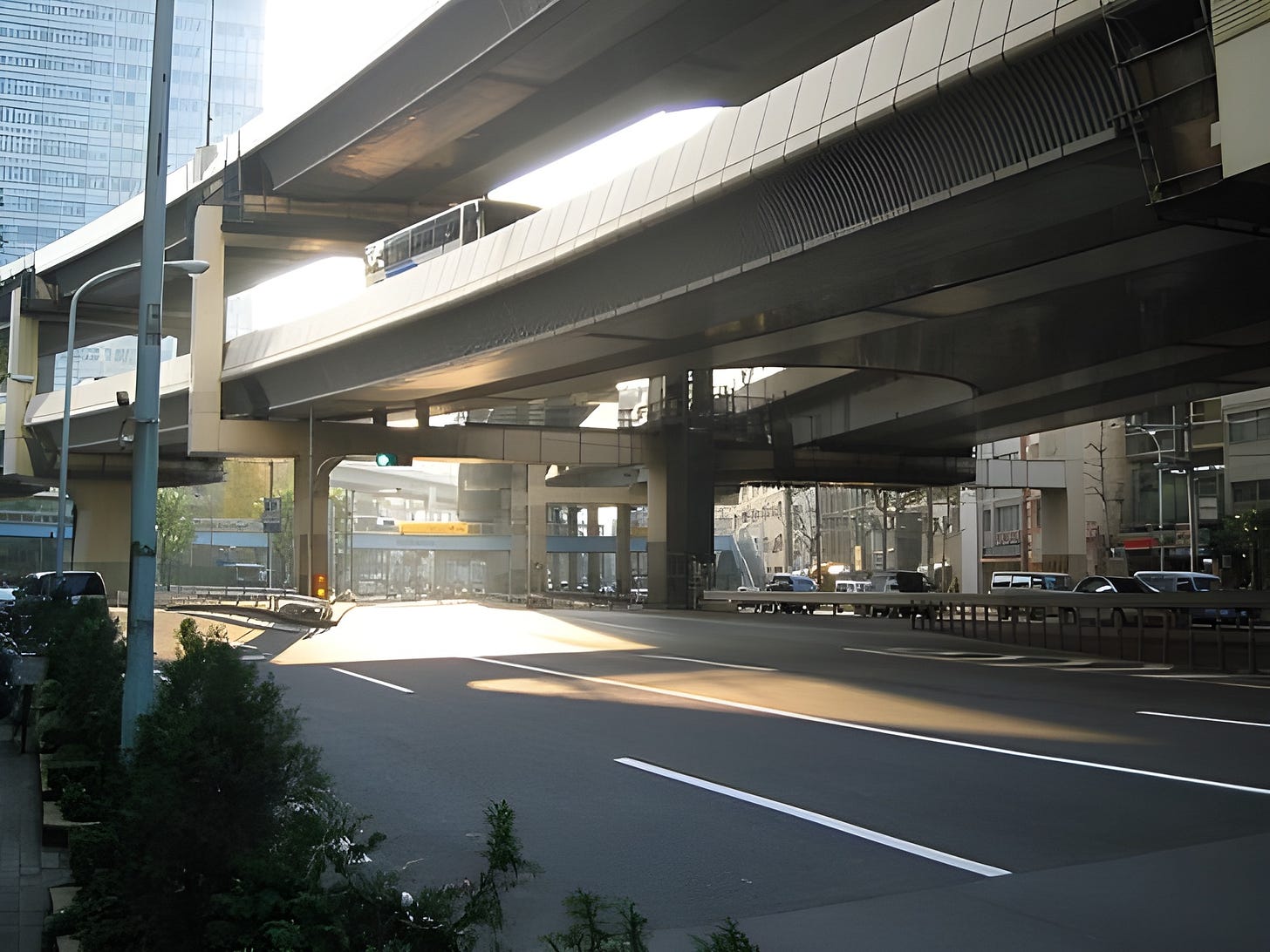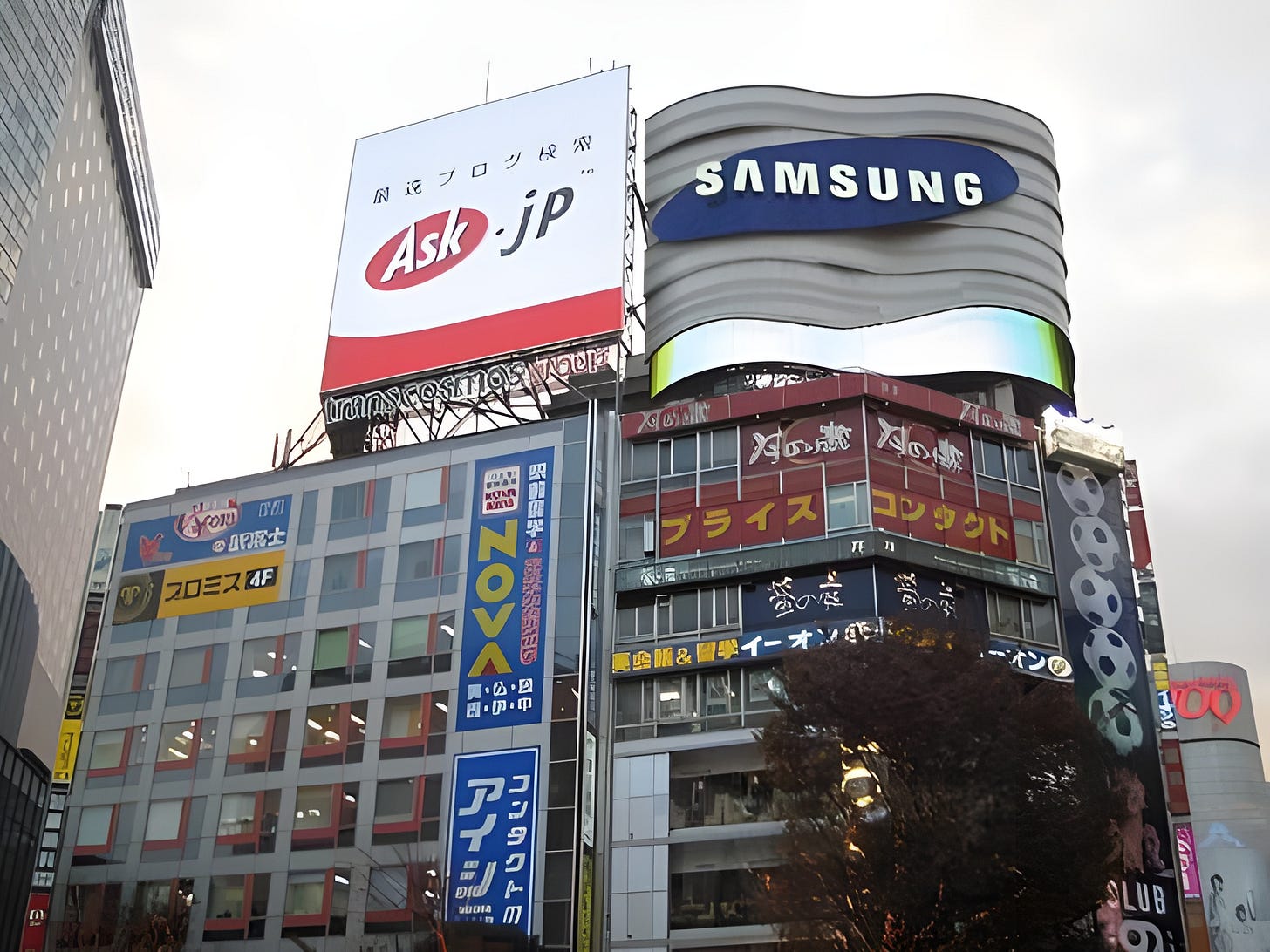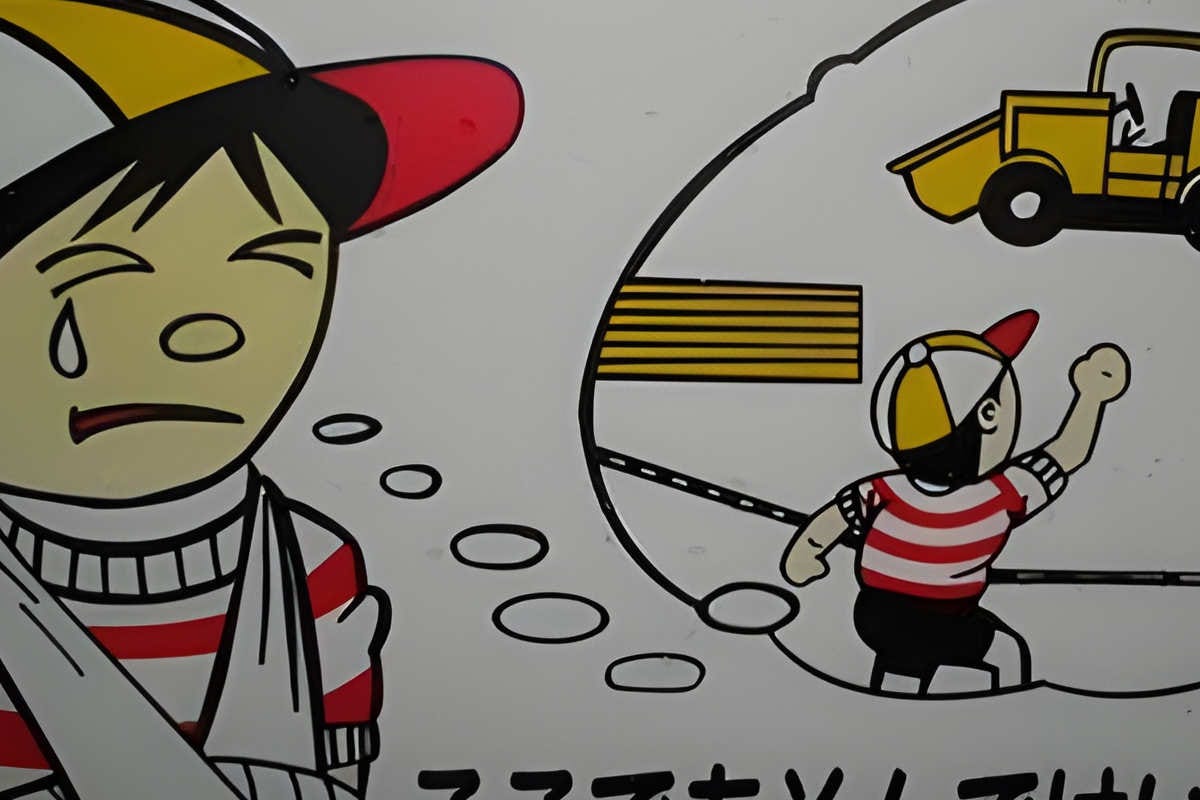The Best Team in the Land & All the World, Part Twelve: Sayonara
It's time for the final part of my history of football's failed attempts to crown a club world champion, with particular attention paid to the 2006 tournament.
It had been a long time coming. By the time the FIFA Club World Cup returned in 2004, it had been four years since the tournament held in Brazil that was supposed to be the start of an annual event.
The 2001 edition had been due to be played in Spain, but the collapse of International Sport and Leisure (ISL) put paid to that. Formed by former Adidas boss Horst Dassler, International Sport and Leisure (ISL) was a sports marketing company with close links to FIFA, whose statement at the time of making the decision to cancel the tournament included:
"The decision not to go ahead with this event as scheduled has been taken on account of various factors.”
"The period during which the competition was to be staged is particularly inconvenient from the perspective of national and international fixtures.”
"The economic crises affecting the countries of some of the participating clubs further heighten existing commercial difficulties.”
ISL collapsed in on themselves two months later with debts of £153 million. In 2008, following a four-year investigation by prosecutors in Switzerland, six former ISL executives, including former chair Jean Marie Weber, were accused of a series of charges including fraud, embezzlement and the falsification of documents. Both Joao Havelange and Ricardo Texeira lost their jobs over bribes related to it. Only 11% of that money was ever paid back by FIFA.
The upshot of all this was a new FIFA Club World Cup which, while deeply imperfect, at least made some sort of logical sense. Just the champions of each of the six confederations, playing off against each other, every December, in Japan. Was it fair that the champions of Oceania got a place there while the second best team in Europe or South America didn’t? Well, that’s a matter of opinion, but at least this version was egalitarian in a way.
The first tournament was held in Yokohama, Tokyo and Toyota in December 2005, and was won by Sao Paolo, who beat the European champions Liverpool 1-0 in the final. It was a strangely set up tournament, with the four ‘lesser’ confederations playing off against each other to play the giants in the semi-finals.
***
And this is where things get personal, because in 2006 I was at the Club World Cup.
The whys and wherefores of how this came to me are surprisingly cloudy. It was a competition which required me to be obnoxious online for a while - though not on social media, which essentially didn’t exist at the time - and, when push came to shove, I was amazed to be invited. Indeed, I half expected to have a needle jabbed into me on the flight over and wake up in a Tokyo gutter with a scar marking where one of my kidneys used to be.
Archive.org hasn’t reached that far back into my sordid past, so none of what I wrote about it all from the time still exists (there are other places I could look, but I am extremely busy), and because this all happened in 2006, I have practically no photographs of it left, either. I did borrow a digital camera from someone, but took all the photos at a 640 x 480 resolution, though the joys of 2020s technology have at least allowed me to upscale them. This, however, doesn’t alter the fact that the few surviving photos that I can find are of the city itself, rather than the football. This was in no small part because NO PHOTOS INSIDE THE GROUNDS was really strictly regulated. I don’t think anyone in our pack of four people wasn’t told off by a steward.
So, I flew out on the 8th December, though it was the 9th by the time I got there. A flight to Amsterdam, and then a 13-hour flight to Tokyo. I am a little afraid of flying, but my overwhelming memory of that flight is how boring it was. This was the pre-smartphone era. I wrote two or three things on my laptop, and I slept for a couple of hours, awoken occasionally by singing from elsewhere in the plane. I remember the outline of Japan below us as the plane descended through the clouds.
And my first impression of it was that it was… grey. Very grey. Narita Airport was extremely grey, the sky was grey, and there was a fine, misty rain hanging in the air. The second impression you get is how massive Tokyo is. Narita to the centre of Tokyo is two hours in a mini-bus, endless suburbs interspersed with endless beauty.
There were four of us, and the first game was Auckland City vs the Egyptian giants Al Ahly, played in a half-empty stadium in nearby Toyota City. Getting on a train in a country in which you can’t even read the alphabet added a layer of unpredictability to proceedings. The game was echoey. A couple of dozen supporters had travelled to Japan from New Zealand, and there was a clutch supporting Al Ahly, who won a match of little distinction 2-0. When we got back into Tokyo, we went for an extremely late dinner and then watched Chelsea play Arsenal in a bar at three o’clock in the morning.
And as per the lengthy history of club world championship football, what was immediately apparent about this tournament was how much more it meant to the South Americans than to the Europeans. Internacional of Porto Alegre and Barcelona were the European representatives, and the singing that kept waking me up was coming from their supporters, who made up probably a third of the 300-odd people on this plane, and they were delighted to be there. Barcelona, of course, have a global following, but on this occasion they were outnumbered.
So it went. The next day, the match between Jeonbuk Hyundai Motors and the Mexican side Club America was being played at the Olympic Stadium in Tokyo, which allowed me to at least walk to the ground. It was a 7.00 kick-off or something and I needed to be there at five, so I set off and decided to walk. I even stopped off - without knowing that public drinking is illegal in Tokyo - and got four bottles of beer, which I crammed into my rucksack.
I didn’t have a map, though I had looked at one on my laptop at the hotel, and did look at another that was attached to a street light in Shinjuku. It was about three miles, so off I trotted. The journey seemed pretty straightforward. Straight down quite a main road, then cut diagonally across a residential area, and I should turn up in one corner of the stadium.
Of course, you can spot the problem. When, exactly, should I veer off this main road? I took a gamble and went for it, and immediately found myself in a world that will be very familiar to anyone who watched anime, of winding roads and small houses, trees and silence. After about half an hour of trying to the best of my abilities to cut I was starting to panic a bit - really not many Japanese people speak English, so asking for directions in any language would be impossible - when between two houses, down what looked like a side street, I saw an enormous floodlight pylon.
The Olympic Stadium in Tokyo was built for the 1964 Olympic Games, and by the looks of it had barely been touched since. It was all concrete, a vast bowl with about four-fifths of it exposed to the elements. The toilet was a hole in the ground - one of the bigger ironies of my life is that I saw both the most decrepit and most futuristic toilets I’ll ever see in my life in the same week - the (wired) internet was patchy at best, and the sandwiches in the media area may have been held over from 1964.
There was a lot of sitting around. I went to a couple of pre-match press conferences, but of course there was little English being spoken, and I didn’t know what to ask the head coach of Jeonbuk Hyundai Motors about anything, anyway. America won that evening’s match 1-0 with a late goal, another terrible game. Tuesday was a day off. I had intentions, but the flight and the lack of sleep hit me like a bullet train and I slept until five in the afternoon, by which time it was dark.
The group of four broke into two pairs, and I ended up spending the rest of the week with a Canadian called Jennifer. On the night before the final we watched Liverpool vs Fulham in a bar in the centre of Tokyo. Liverpool won 4-0, and while they kept us up to date with other matches being played in the Premier League, it was the first time I’d seen a football broadcast on what was theoretically a Saturday afternoon - it was 11 at night in Tokyo by the time they kicked off - with no acknowledgement of any other league bar this one.
The final attracted just over 50,000 to the Olympic Stadium. I made sure to go to the bathroom before I left this time, and didn’t drink four bottles of beer on the way. During the first half, the Brazilian guy sitting to my right was chuckling away to himself. I asked him why, and he said, “In the city of Porto Alegre, Internacional and Gremio are big rivals Ronaldinho started with Gremio. In Brazil, the phrase “son of a bitch/whore” is very nuanced, so I’ve been counting the number of ways in which they’ve called him a variation of that. It’s been sixteen, so far. I checked the time on my laptop. We’d be playing for 27 minutes.
Internacional won the game 1-0, and I was glad. It clearly meant more to them than it had to Barcelona. They also had the then 17-year-old Alexandre Pato playing for them, a player whose career didn’t go quite as many had predicted. In the mixed zone after the match, captain Fernandao, still holding the trophy and covered in sweat, talked excitedly at me for a good five minutes while I nodded my head and an interpreter tried to make sense of it all. He’d enjoyed the best year of his career, and his enthusiasm for having won this Fernandao died in a helicopter crash in 2014, and there’s a statue of him outside Internacional’s stadium.
We waited around the mixed zone until we were the last people there, and then, to my considerable surprise, Ronaldinho shuffled through and straight over to us. After the Brazilian guy had done with him I asked the only question that I really cared about the answer to through him; how did he feel about being called a son of a bitch/whore so many times, and he gave a thoughtful and interesting answer about how he’d had psychological coaching to help cut out the amount if it that he heard.
***
There wouldn’t be another South American winner until Corinthians beat Chelsea 1-0 in 2012, and at the time of writing there hasn’t been another South American champion since. There has been something of an upswing in interest in the Club World Cup, because that’s natural in a football culture which now values winning trophies over anything else. The League and Cup Double is old hat. You now also need the League Cup, a European Trophy, the European Super Cup and the Club World Cup. That’s the new holy grail.
Even then, European interest in the Club World Cup has been consistently low for the last seven decades, and even FIFA’s gaudy expansion of it to 32 teams doesn’t seem to have made much difference to that. That it’s being played at this exact time in Trump’s America only adds to the feeling that we are now very much living through the end times.
The most striking theme of the first week of the tournament - and I should stress here that I haven’t seen a single minute of it - has, from the reporting, been all about the domination of the South American teams. Well, it did always mean more to them, and there have been no indications of that having changed. But it’s about more than Europe and South America, nowadays, Saudi Arabia are funding this, for one thing.
And FIFA are desperate for it to work. They’ve run the numbers and figured out that they were being fools to themselves, not getting involved in the club game. They want a cut of that pie, and expanding into this area was probably always inevitable. This sort of tournament does, of course, shine a harsh light on the global inequalities of football. As things stand, there will be no African or Asian teams in the last 16. Though domestic monopolies will be set up around the world by the vast amounts of money they’re paying to everybody who takes part.
But that’s the fundamental contradiction in football which makes declaring a world champion feel like chasing a rainbow. There are too many permutations. International football has a clear qualification period followed by a final tournament. The club game doesn’t have that. It’s more piecemeal, and the definitely not crooked way in which clubs were chosen for this tournament has done nothing for its legitimacy. Perhaps the ultimate point is that even if you do believe that it’s possible to properly identify a club world football champion, you wouldn’t trust FIFA to be the ones to organise it.





